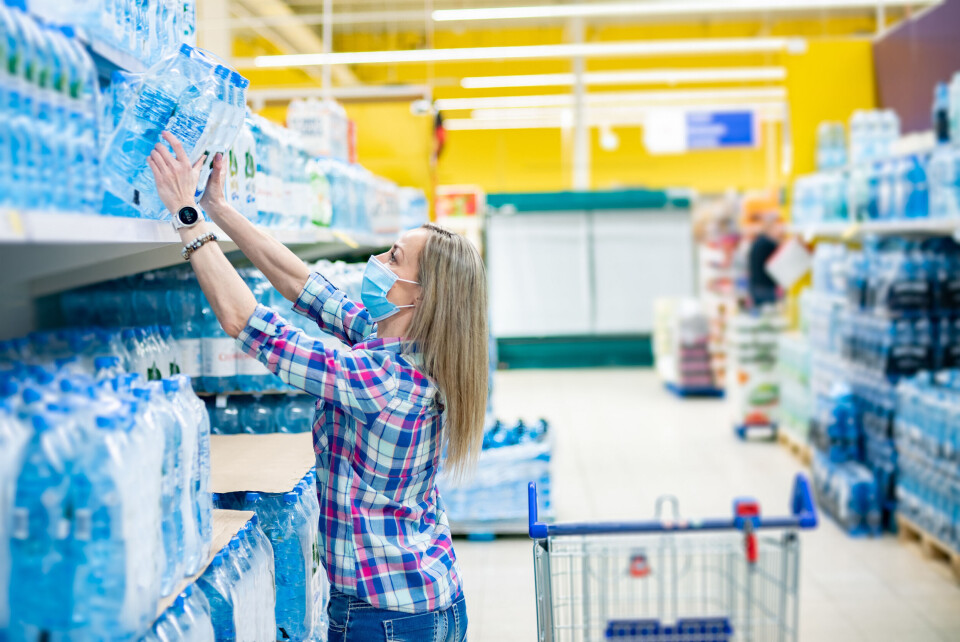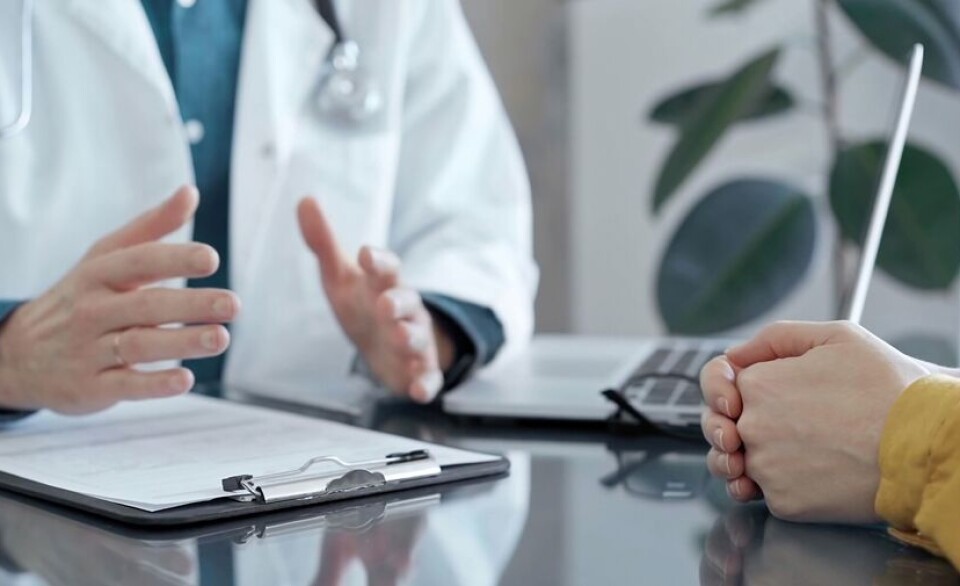-
'We moved from the US to France to restore a château'
Mark Goff and Phillip Engel swapped the California wine country of Napa Valley for a new life at Château d’Avensac
-
How I became a beautician after moving to France
When Teri Fox, 55, relocated in 2007, she mastered lots of new skills including fitness and aesthetics courses, as well as managing beauty salons – before going on to open her own
-
MAP: French communes with ‘forever chemicals’ detected in tap water
The results come from a focused study on the excessive presence of PFAS in some water sources
Bottled or tap: How do you take your water in France?
Some drink bottled water to avoid the chlorinated taste of its tap counterpart, while another sees buying from supermarkets as a ‘con’

Do you drink water straight out of the tap, do you use a filter, or do you buy bottles from the supermarket? We asked Connexion readers which option they usually go for and why.
Barbara Armstrong said that she does not buy bottled water: “because we live in the Ardèche and have a spring on our land with delicious water, tested for potability.
“But at one time we did live where the tap water wasn't our 'cup of tea' so we occasionally bought Badoit or Vals in glass bottles for the taste. Plastic bottles, si j'ose dire, are an ecological bummer.
“We had two other solutions though. We lived in the Jura where there were two springs frequented by locals in the know, both in beautiful forest situations.
“People came from some distance to fill many demijohns; others came regularly by bicycle from nearby villages. I took a regular detour through the woods on my way home from work to fill five litre bottles. We also cooked with it.
“If we ran out or the weather was bad, our other solution was to fill big Parfait jars with tap water and sprinkle green clay in them from the bio shop (also available in pharmacies).
“We would leave them overnight so that the clay could filter out the chlorine and whatever else. Leaving the clay to settle at the bottom, the water was slightly cloudy but tasted fine for drinking, coffee and tea, soups...and homemade lemonade.
“However, for homemade lemonade, spring water is best because it needs to ferment a bit to generate the bubbles, and clay is very absorbent.”
Another reader said that he always buys Badoit for the taste, “but how I wish the glass bottles were available in [shops] and not just in restaurants.”
Bottled water to avoid a chlorinated taste
Eileen Brown, a retiree who also lives in Ardèche, said: “I buy Cristaline and Roxane. Our tap water comes from springs up in the hills. When supply is low in summer due to drought and the large numbers of tourists, water is taken from the river downstream of the favourite bathing place, so it is heavily treated with chlorine.
“I tried a Brita filter to remove the chlorine taste in the summer but found it leaves water very flat and tasteless.”
Sue Walker, who lives in Maine-et-Loire, also buys bottled water “because the water from the tap is often white with chlorine and it’s so strong the water smells of it.
“In 2019, the pipe work in our commune was changed and a promise of improved water quality was on the information leaflet.
“We did not notice any change at all: the taste remains foul. So all drinking water is bottled in this house. We really have no choice. We use reusable bottles filled from larger ones, and we try to find alternative uses for the bottles.
“Currently there are some being used as weights to stop the swimming pool cover from blowing away!”
Frances, who is a retired carer living in Aude, commented that she used to buy bottled water on journeys “and much prefer the non-chlorinated taste. I would buy it again if it came in recyclable bottles – not plastic.”
Another reader said that she “tried hard not to” buy bottled water, “but every now and then our tap water tastes very strongly of chlorine, which really taints tea especially.
“I keep a few bottles of water on stand-by, so I can still have a decent cuppa!”
Bottled water for travelling
One Connexion reader said that she buys bottled water for when she is out and about, “since bottled water on trains, planes and various other places costs a lot more than a pack of six small bottles. Otherwise we drink tap water.”
Bob Loomes, who lives on a boat on the French inland waterways for five months of the year, said: “We buy bottled water for cooking and drinks because the water in the boat’s 300-litre tanks – which is fine for a shower and washing up – doesn’t taste very wonderful.
“So we play it safe with anything we actually consume.”
Bottled water for the minerals
“I use filtered tap water but have a glass of Hépar every day, as its high magnesium content prevents cramp in my feet at night,” another reader said.
This incentive was shared by another pair of readers, who had spent 15 years living on a sailing yacht before moving to France.
“To buy a desalination machine for a sailing vessel is not only expensive, but the water it produces has no natural minerals and therefore [aggravates] deficiencies, which cause hair loss.”
‘It’s a con’
Another Connexion reader living in Antibes, who asked not to be named in this article, said that buying bottled water was “a con. Use a water filter instead”.
“No, I don’t buy bottled water,” another reader said. “The water I drink comes out of the cold water tap, not a plastic bottle.”
Would you like to share your thoughts about buying bottled water in France? Email us at news@connexionfrance.com
Related articles
Where can I find free public drinking water in France?
The story of Paris’ drinking fountains gifted by a UK donor in 1870s
Living in France could cost around €90 a month more due to inflation
























